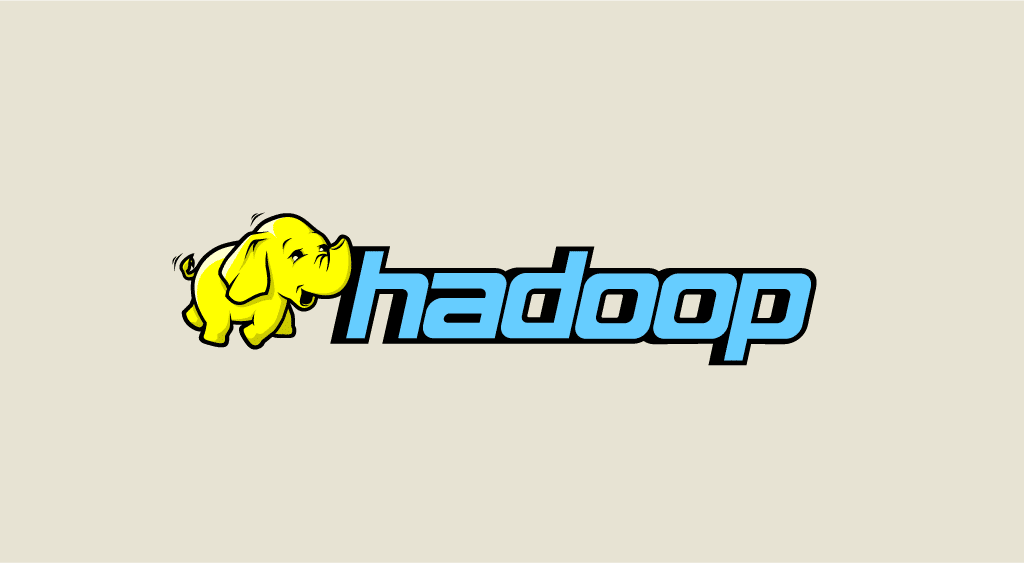A Cloudera training course will help you master this widely-used enterprise platform, and maximize your chances of passing the certification exam. Find out why and how to acquire this expertise!
In the age of Big Data, companies have more and more data to process and analyze. This is both an opportunity and a challenge.
So, in every sector, organizations are looking for professionals capable of mastering the best data management and analysis tools.
They need experts capable of collecting, storing, processing or analyzing large quantities of data in order to make better strategic decisions.
These specialists need to know how to use the right solutions and technologies to perform these tasks. Among the market leaders is Cloudera.
What is Cloudera?
Cloudera is an American software company specializing in data processing solutions based on Apache Hadoop open-source technology.
It was founded in 2008 by a group of entrepreneurs including Amr Awadallah, Mike Olson, Jeff Hammerbacher and Christophe Bisciglia. Previously, they had all worked for Yahoo! and contributed to the creation of Hadoop.
Their aim was to democratize access to this technology, previously used mainly by high-tech companies and web giants. They wanted to make it accessible to all businesses.
After initially offering support and training services for enterprises, Cloudera began developing its own Hadoop distribution in 2009: Cloudera Distribution Including Apache Hadoop (CDH).
This platform quickly became a huge success, enabling Cloudera to raise $40 million in a Series D financing round in 2011. This enabled the company to accelerate its development and expand its product range.
In 2012, the firm launched Cloudera Enterprise: a Hadoop-based data platform, integrating tools for data management, analysis and security.

In 2011, Cloudera raised $40 million in a Series D financing round, enabling the company to accelerate its development and expand its product range. In 2012, Cloudera launched Cloudera Enterprise, a Hadoop-based enterprise data platform that integrates data management, security and analytics tools.
The aim is to help companies better manage and protect their data. A task that has become indispensable in the era of Big Data and the RGPD.
A few years later, in 2014, Cloudera raised a further $900 million in funding and reached a valuation of over $4 billion.
In 2017, it merged with real-time data analytics software company Hortonworks. This data giant now has a market capitalization of $4 billion.
Today, Cloudera is a leading provider of enterprise data processing solutions based on Hadoop and cloud computing services.
Its platform enables large quantities of structured and unstructured data to be stored, processed and analyzed using distributed processing tools and scripting language programming.
Several thousand companies of all sizes use Cloudera worldwide. Its solutions can be found in organizations across a wide range of sectors, including finance, healthcare, telecommunications, media and energy.
Why take a Cloudera training course?
A Cloudera Course can bring many benefits. Here are just a few examples.
First of all, such a program enables you to learn how to handle Cloudera and all related technologies such as Apache Hadoop, Hive and Spark.
By learning to use this tool hands-on, it is possible to better understand how Cloudera is used in business. This skill can then be put to use immediately after training.
Mastering Cloudera is a real asset to your CV. It demonstrates an aptitude for working with Big Data and data analysis technologies, which is highly sought-after in business.
This expertise can act as a springboard for your career. You’ll be able to advance in your professional life, access new opportunities or a higher position.
A Cloudera training course is therefore ideal for becoming a Big Data professional, or for advancing your career if you’re already working in this field.
How do I learn to use Cloudera?
The first step to mastering Cloudera is to understand the fundamental concepts of data analysis and Big Data.
You’ll then need to familiarize yourself with Cloudera, starting by visiting its website and discovering its product and service offering. A free online training course is also available to help you discover the platform’s functionalities.
In addition, Cloudera offers a number of paid training courses to help you learn how to use its platform and acquire practical skills. These can be found on the Cloudera website. Alternatively, you can opt for DataScientest training!

A good way to progress is also to practice on concrete projects. You could, for example, try configuring a cluster, importing data or running analysis queries with the platform.
Also consider joining online communities dedicated to Big Data or Data Science. There you’ll find professionals who can share their tips and tricks about Cloudera.
Official Cloudera training courses
On the official Cloudera website, you’ll find a wide range of training courses for different roles in Big Data and Data Science.
Cloudera Data Analyst Training teaches how to use Cloudera tools to query, transform and analyze big data with Hadoop and Hive.
Cloudera Administrator Training for Apache Hadoop is aimed at professionals who want to learn how to install, configure, secure and maintain a Hadoop cluster.
If you want to learn how to develop data processing applications with Apache Spark, you can opt for Cloudera Developer Training for Apache Spark.
You can also learn how to develop MapReduce programs with Apache Hadoop with Cloudera Developer Training for Apache Hadoop.
Similarly, Cloudera Data Science Training teaches the tools and techniques needed to solve large-scale data science problems.
To learn how to use Apache Kafka for real-time data collection and analysis, the Cloudera Streaming Analytics with Apache Kafka training course is ideal.
Finally, the Cloudera Performance Tuning training course helps you discover techniques for optimizing the performance of Hadoop and Spark clusters.
You can also choose advanced or customized training courses to meet specific needs or acquire in-depth skills.
Cloudera certifications
Cloudera offers several certifications for data analysis and Big Data professionals. They enable you to demonstrate your expertise to employers.
The Cloudera Certified Administrator for Apache Hadoop (CCAH) certification is designed for professionals wishing to demonstrate their ability to install, configure and maintain an Apache Hadoop cluster. It is aimed at Hadoop cluster administrators.
The Cloudera Certified Data Analyst (CCDA) demonstrates the ability to query and transform data with Apache Hadoop and Cloudera CDH. It is designed for data analysts.
The Cloudera Certified Developer for Apache Hadoop (CCDH) certification is dedicated to Hadoop developers, and demonstrates the ability to develop MapReduce programs with this tool.
Developers working with Hadoop and Spark can opt for Cloudera Certified Spark and Hadoop Developer (CSDH) certification. This demonstrates the ability to develop data processing applications using these solutions.
Kafka administrators can demonstrate their ability to install, configure and maintain a cluster with the Cloudera Certified Administrator for Apache Kafka (CCAK) certification.
Finally, the Cloudera Certified Specialist in Apache HBase (CCSHB) certification is aimed at professionals capable of installing, configuring and maintaining an Apache HBase cluster.
Taking a Cloudera training course will help you prepare for the exam and maximize your chances of success. It’s the ideal way to maximize your chances of success.

How do I choose a Cloudera training course?
To choose the right Cloudera training program for your needs and objectives, it’s important to take a number of criteria into account.
Start by determining your professional goals, so you can choose a course that will provide you with the skills and knowledge you need to achieve them.
Also consider your current level of competence in Cloudera technologies. Some courses are designed for beginners, others for advanced professionals.
Review the course content to make sure it covers the topics and skills you want to acquire. Don’t hesitate to check the comments of past participants to assess its quality.
It’s also important to consider the format of the course. On its official website, Cloudera offers face-to-face, online and in-house training.
Finally, cost is another factor to consider when choosing a training course. It’s essential that the value brought to your career outweighs the price.
As an alternative to the training courses offered on the official Cloudera website, don’t forget to compare with programs offered by third parties such as DataScientest.
Conclusion: Cloudera training as a springboard for a career in Big Data
In conclusion, taking a Cloudera training course will enable you to acquire highly sought-after, forward-looking expertise.
By earning a Cloudera certification, you’ll be able to demonstrate your Big Data expertise to employers and gain access to highly paid positions.
To learn how to master Cloudera, you can choose DataScientest. Our training courses are entirely distance learning via the web, and are eligible for funding options.
Our various courses enable you to acquire all the skills required for Data Science professions such as Data Scientist, Data Analyst, Data Engineer, Data Product Manager or Machine Learning Engineer.
What’s more, our specialized programs enable you to quickly master Data Science solutions such as Cloudera, Amazon Web Services, Microsoft Azure or Power BI.
This is an excellent way to prepare for Cloudera certification, with the aim of starting or continuing a career in Big Data. Discover DataScientest!










